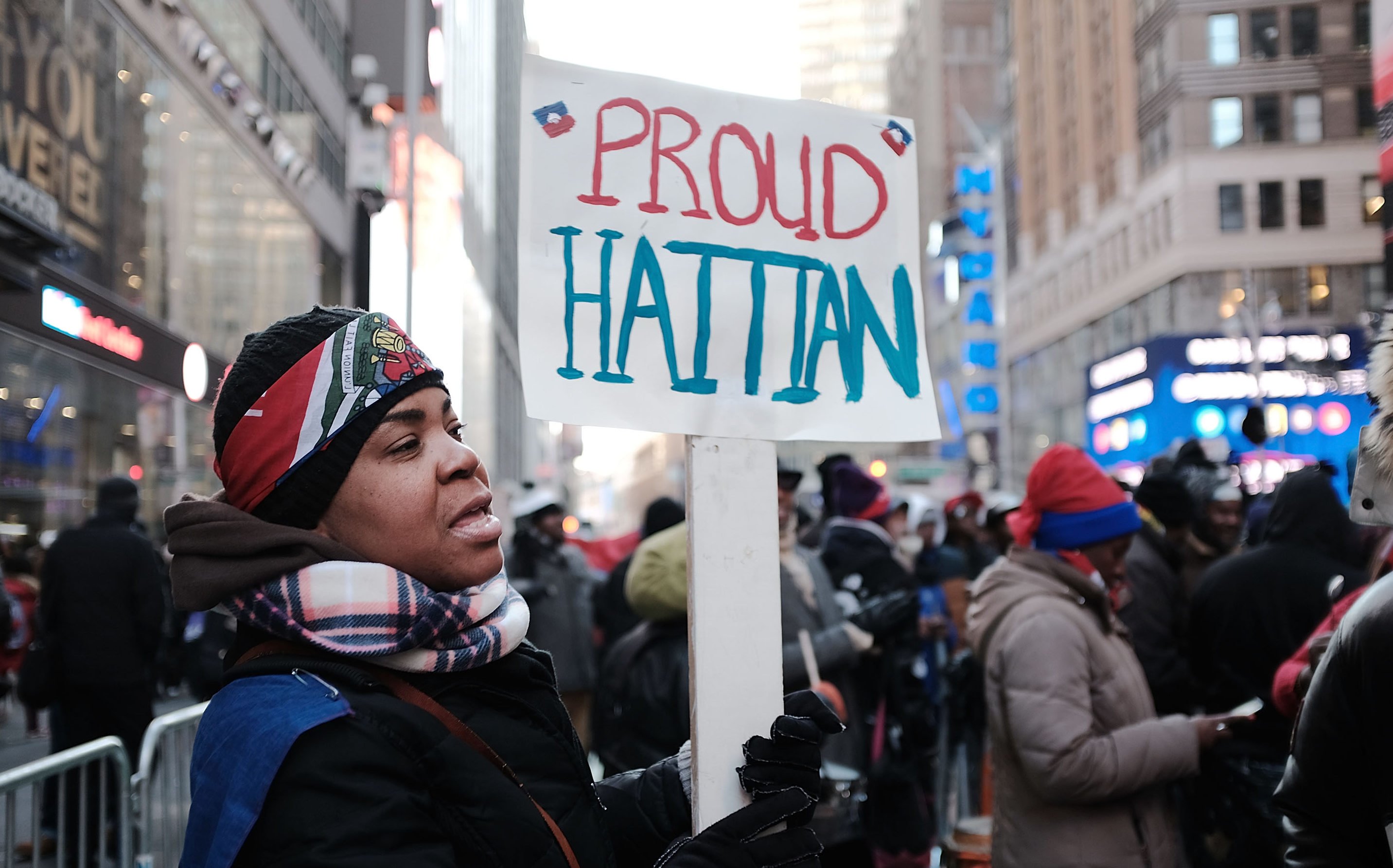
WEIGHT: 63 kg
Bust: Large
One HOUR:70$
Overnight: +50$
Services: Moresomes, Golden shower (out), Food Sex, Mistress, Soft domination

In the wake of the UN's response to sexual abuse in Haiti, Chantel Cole visited the country with a team of Canadian researchers. She explains what she learned there about the importance of local actors having a seat at the policymaking table. After years of learning about Haiti, I knew that when and if life presented me with the opportunity to visit the island it would be an intensely powerful experience. I was correct. As a first-generation Canadian of Afro-Caribbean descent, having the chance earlier this year to visit the site of the first and only successful revolution by the enslaved peoples of Africa was a profoundly formative moment.
They staged a rebellion and, after 12 years of bloody struggle, came out victorious. Haiti is also now the poorest country in the Western hemisphere. That these facts coexist is not coincidental. What brought me to this beautiful, vibrant, dynamic, culturally rich island was a rather grim situation.

In May, I travelled there as part of a team of Canadian researchers investigating sexual misconduct by United Nations peacekeepers. Haiti, unfortunately, is part of a long list of countries where peacekeepers deployed as part of United Nations missions have engaged in sexually violent and disturbing events including gang-rapes , and even child sexual slavery.
According to a investigation by the Associated Press, there were 2, allegations of sexual abuse by peacekeepers and other personnel within the previous 12 years of peacekeeping missions globally.

The year term of the Stabilization Mission in Haiti MINUSTAH , which officially ended in October , has been tainted by allegations of sexual misconduct and documented cases of sexual abuse by peacekeepers against men, women and even children as young as This figure is likely an underestimate, as inadequate reporting mechanisms, fear, shame and other sentiments felt by victims or those described also as survivors understandably lead them not to report their experiences.




































